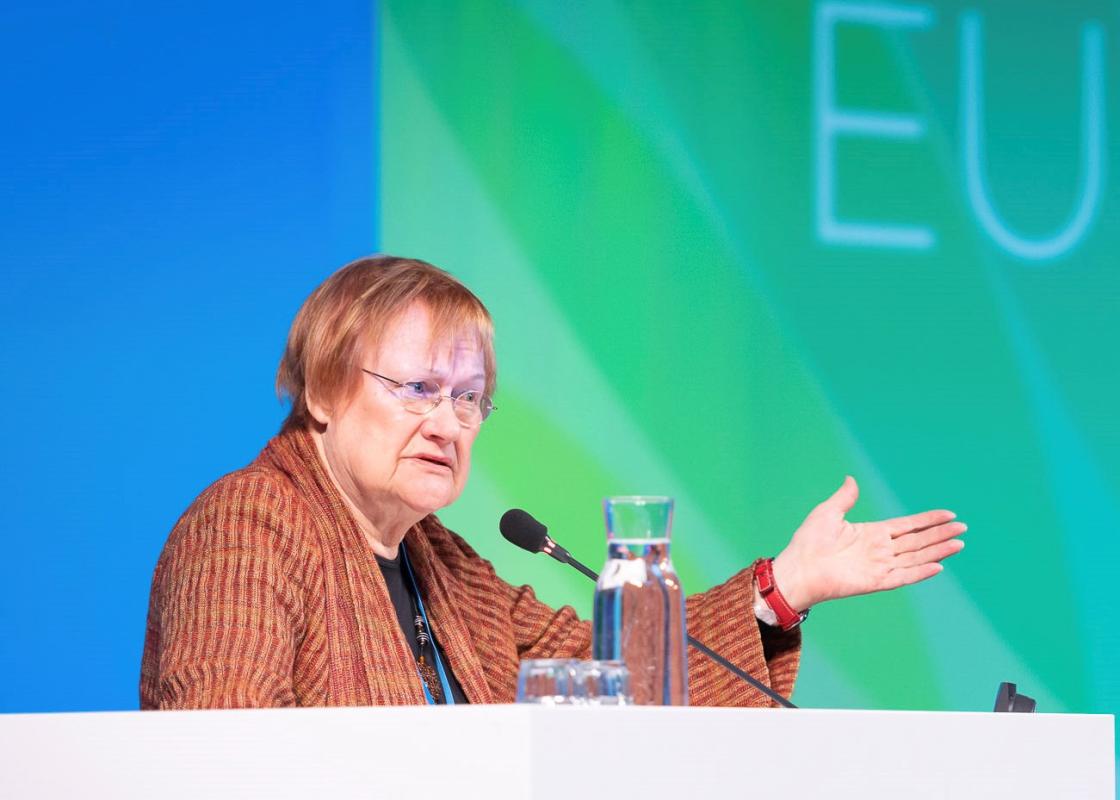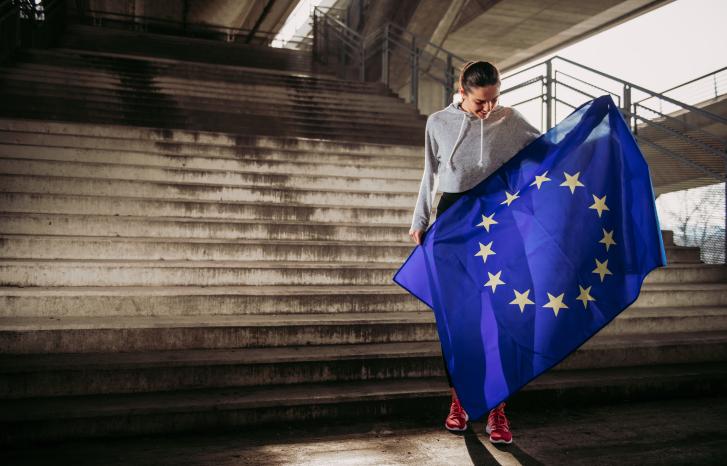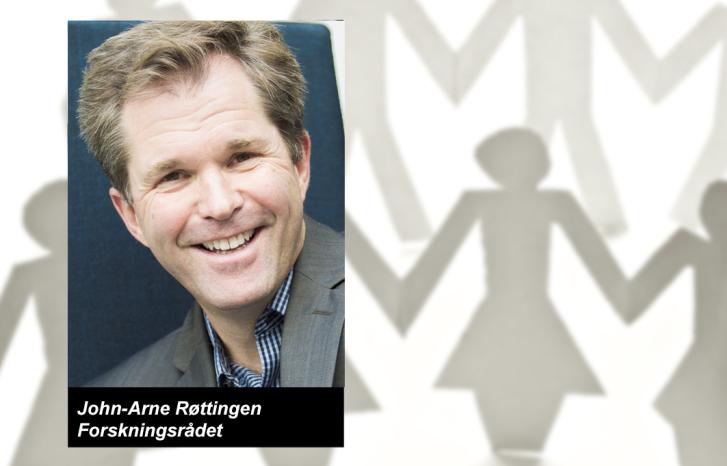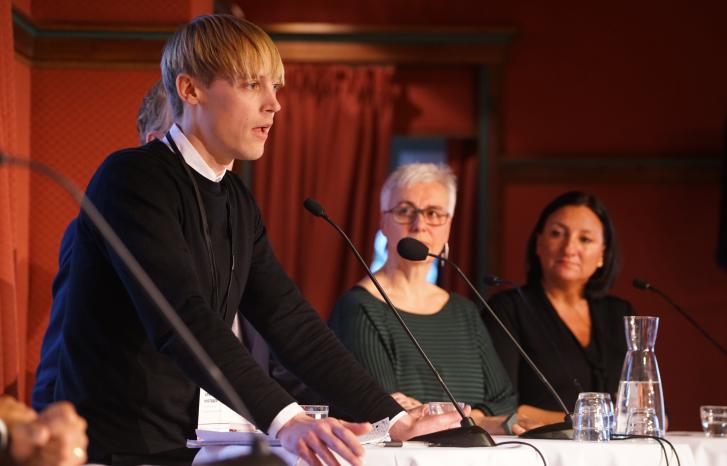“Much remains, even in the Nordic countries. We shouldn’t always presume that we’re best in Europe,” said Tarja Halonen, former president of Finland and current chairperson of the board of the University of Helsinki.
“Gender equality is not just a benefit, it is a necessity,” she underlined.
Halonen was one of the introductory speakers at an EU conference about gender equality in research and innovation in Helsinki in October. The goal of the conference was to provide recommendations to the new European framework programme for research and innovation: Horizon Europe.
Much work remains to be done
“Gender equality within research and innovation makes us better in these areas,” said Jean-Eric Paquet, European Commission's Director General for Research and Innovation.
Approximately 200 researchers and bureaucrats, and others working with gender equality, research and innovation in Europe, participated at the conference.
The situation today is that some of the member states are not very supportive of the gender equality policies.
Central topics were sexual harassment and gender based violence in academia, gender equality in innovation and digitisation, artificial intelligence and the research funders’ responsibility for promoting gender equality.
There was broad consensus among the introductory speakers that the EU countries still have a long way to go in terms of gender equality work in research and innovation.
Careful optimist
Ana Puy from the Women and Science Unit at the Spanish Ministry of Science, Innovation and Universities, is cautiously optimistic.
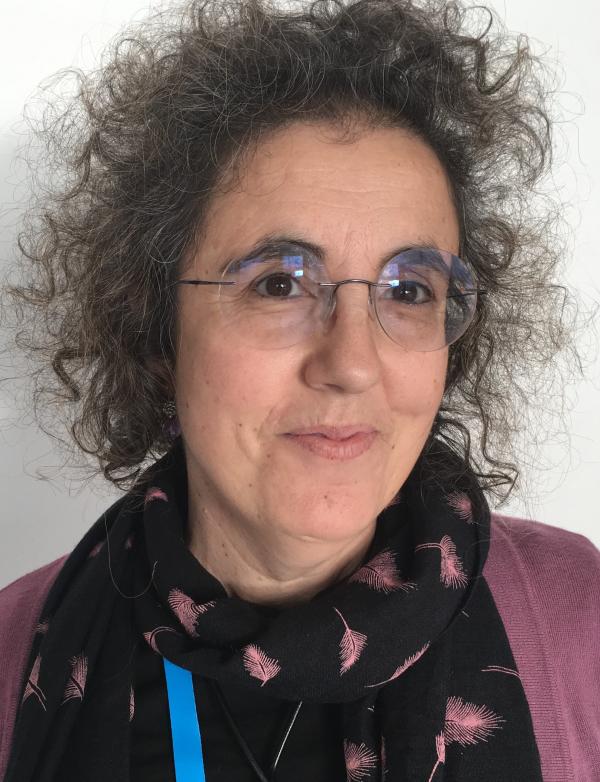
“I became a member of SWG GRI in 2014. I believe the group does important work; we work effectively to put gender on the agenda in the European Research Area (ERA). But its impact is nevertheless not as strong as we had wished for,” Puy says to Kilden.
SWG GRI is an advisory body for the EU Council’s work on strengthening gender in the EU’s framework programme for research (see fact box).
“The most important thing that the group does is to provide recommendations about gender equality to the EU Council´s (and formerly to the EU Commission’s) work with research and innovation,” she says.
It is more difficult to exert influence on the EU Council, according to Puy. Decision making on all areas require consensus between the member countries, including areas concerning gender equality in research and innovation.
“The situation today is that some of the Member states are not very supportive of the gender equality policies,” she says.
Still barriers for women
“The gender balance in the committees that assess and distribute research funding is better now than it used to be. But there is still a long way to go before we have reached our goal of real equality between female and male researchers and when it comes to gender perspectives in research and innovation content,” according to Puy.
“The working conditions for female researchers are still not as good as those for men, women in academia are still exposed to sexual harassment and other forms of gender-based violence, and they are not paid as well as their male colleagues. Neither are the research working conditions compatible enough with having a family, and the idea of excellence in research is still designed to suit men.”
The working conditions for female researchers are still not as good as those for men.
Puy is more optimistic when it comes to the next framework programme for research funding in the EU, Horizon Europe, in the aftermath of the Helsinki conference.
“The draft framework programme for Horizon Europe that was presented in spring 2018 had less focus on gender than the previous programme,” she says.
“Decision making bodies in the EU have now revised it, and the latest regulation partially agreed in April looks promising.”
EU’s public consultation last summer also seems to have yielded more provisions concerning gender, according to Puy.
“For instance, gender now has to be integrated into the entire programme. We may use that in our work to direct the attention to gender and to improve the working conditions for women in research.”
Learn from each other’s experiences
Marcela Linkova is a sociologist from the Czech Republic, chair of the SWG GRI and coordinator of the EU project GENDERACTION. According to her, the group’s most important dimension is that the member states learn from each other’s experiences with gender equality in research and innovation and contribute to putting current issues on the agenda in the EU.
“Among the most important things we do is to share experience from one country to another, and to share examples of policy development and assessments of guidelines,” says Linkova.
Over the last year, the group has spent a lot of time on sexual harassment and gender based violence in academia.

“Therefore, we would like to discuss what guidelines the EU and its partner countries need in order to prevent sexual harassment. In the time to come, we will also work on gender and digitisation.”
According to Linkova, both the research culture and the idea of excellence in research prevent gender equality.
“There is huge demand for novelty and innovation within research and innovation, but at the same time the system is very conservative in the way in which it is organised,” she says.
“The development of the research assessment systems and our idea of quality prevent us from thinking along new lines in terms of how justice and equality may contribute positively in the production of knowledge.”
After the meeting between the new European Commission's Director General for Research and Innovation, Jean-Eric Paquet, and the Commission, and with the ongoing discussion, Linkova is more optimistic with regard to how the Commission will continue the equality work.
“In my opinion, what is most important is that the work to integrate gender perspectives in research and innovation continues to be strengthened in the next research programme Horizon Europe,” she says.
“The goal for GENDERACTION, and for me personally, is that everyone who applies for funding from Horizon Europe must prove that they have integrated gender perspectives in their research. If they have not done so, they must explain why it is not relevant. And if the gender perspective is not relevant, and the applicants does not provide an explanation, they will not get public funding. That simple.”
“Norway is lagging behind”
Jesper Simonsen is Executive Director of the Department of Society and Health at the Research Council of Norway, and Norwegian representative in SWG GRI together with Heidi Holt Zachariassen from the Kif committee (Committee for Gender Balance and Diversity in Research). According to him, Norway is lagging behind when it comes to gender equality work in research and academia.
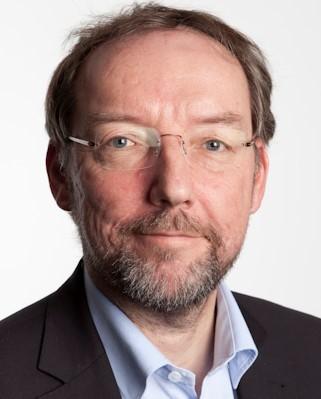
“This is what we call the Nordic paradox: We have not managed to recruit enough women to top positions in research and academia,” he says.
“Among other things, this is because the working conditions are not sufficiently accommodated for women when they are in the phase of setting up a family. Unfortunately, women still take more responsibility at home in this phase than men do. This is a major problem, because we are losing talents.”
He argues that this is not due to resistance towards gender equality, but to indifference.
“In Norway, we think of gender equality as something that we have already achieved. Consequently, the equality work must often give way to other issues that are considered more pressing.”
In Europe more generally, gender equality work encounters completely different types of barriers, according to Simonsen.
“We see a more direct resistance, and in some countries, such as Hungary and Poland, we even see hostile attitudes to gender equality.”
Positive to new programme
Simonsen has positive expectations to the new research programme Horizon Europe.
“It did not look good for a while. The first programme draft that was presented in spring 2018 had less emphasis on gender equality than Horizon 2020. Fortunately, this has been developed much better in the final resolutions, partly due to Norway’s input and our active work to influence the decisions.”
Simonsen emphasises that Norwegian research is strongly affected by European research policies. Therefore, the Research Council of Norway has prioritised international gender equality work in the past year.
In the Research Council of Norway, we expect that researchers emphasise gender perspectives when relevant in their grant applications.
He also supports the proposition made by Linkova, Puy and several others at the conference, that researchers applying for funding need to integrate gender perspectives where relevant. And that it must be justified if such perspectives are not included.
“I think this is a good idea. In the Research Council of Norway, we expect that researchers emphasise gender perspectives when relevant in their grant applications. If gender perspectives are left out of the applications, the researchers have done poor groundwork,” he maintains.
“We must continue our work with developing criteria for applications and application processing, as there are still major gaps when it comes to knowledge on gender within certain areas of research.”
Translated by Cathinka Dahl Hambro.
Standing Working Group on Gender in Research and Innovation (SWG GRI), previously called the Helsinki group, was founded twenty years ago in Helsinki. It has been a driving force and watchdog for gender equality in the major European research programmes. Today, it is led by Marcela Linkova from the Czech Republic.
EU’s member countries and partner countries each have two representatives in the group. They meet twice each year to inform each other on gender balance and gender perspectives on a national level and to advise the EU Council (earlier also the EU Commission) on political moves that may improve gender equality in research and innovation.
Reference: kifinfo
- Gender balance in research groups
- Gender balance in decision-making processes
- Integration of gender perspectives in research and innovation
